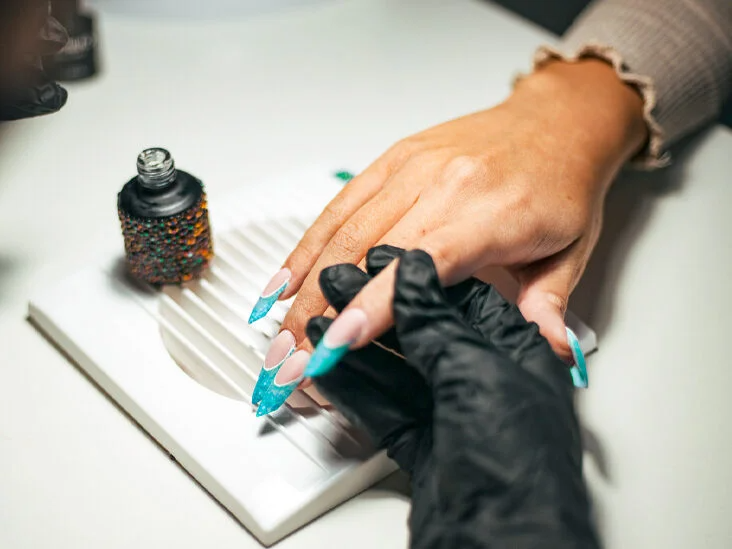What are the Rules and Regulations Regarding Nail Treatments for Minors?
The number of young people seeking beauty and nail treatments continues to rise in the UK, raising questions about the appropriateness and safety of providing services to minors. While there is no legal age for nail treatments, any person under the age of 16 is considered a minor, and many insurance companies require written parental consent and a parent or guardian present for all standard treatments.
Check Your Insurance and Gain Parental Consent
Insurance providers classify nail services such as extensions and gel polish as basic beauty treatments, and there is no age restriction for these treatments as long as the minor has given their own consent and parental consent is obtained. Written consent is paramount, and it must state who the treatment is for, who will be carrying out the treatment, what the treatment is, that consent is given, and a parental signature.
Professional Discretion
While there is no rule on treatment age, common sense and professional discretion come into play. Some services may not be suitable or safe under a certain age, and some techs and salons may refuse to perform any treatments on those under the age of 16 or limit the type of services that can be performed. Having a pre-written policy set out and displayed on various platforms can be good practice.
When treating minors, it is essential to consider additional factors, such as whether they can keep still during the service and if they may put their fingers in their mouth with uncured product. If offering a gel polish service and they cannot keep still, there is a risk of touching the skin and causing overexposure. The nail desk is full of dangerous chemicals and is not a suitable environment for a child. Although it is not a legal requirement to have an adult present, it is requested by insurance companies.
Keep the Parties Informed
It is imperative to outline to the minor and parent what the treatment will involve, the possible benefits and contra-actions, and any alternatives if there are any. Often, minors request a treatment because they have seen it on social media, a celebrity endorsement, or friends' recommendations, but it may not be suited to them.
Offering nail enhancement services to minors raises concerns about aftercare and treatment upkeep. While many adult clients may not follow aftercare, minors often do not understand how to and why to care for their nails following their treatment and the cost of maintaining them regularly. In law, minors lack the legal capacity to make certain decisions concerning their own health or welfare, whether they appear capable or not.
It is crucial to remember that nail technicians are not obliged to treat any client, regardless of who has given consent. If a treatment is inappropriate or potentially unsafe for someone under the age of 16, or a technician is unsure, they should not carry out the treatment. It is important to share professional knowledge and educate the client on reasons and offer them an alternative treatment or suggestion where possible.
So remember, while there is no legal age for nail treatments in the UK, it is critical to follow training guidelines and manufacturer's product advice when providing treatments to young persons. Technicians must use their professional discretion to determine whether a treatment is appropriate and safe for minors, obtain written parental consent and ensure an adult is present during the treatment. Overall, it is essential to prioritize the safety and well-being of the minor while delivering exceptional nail services.

